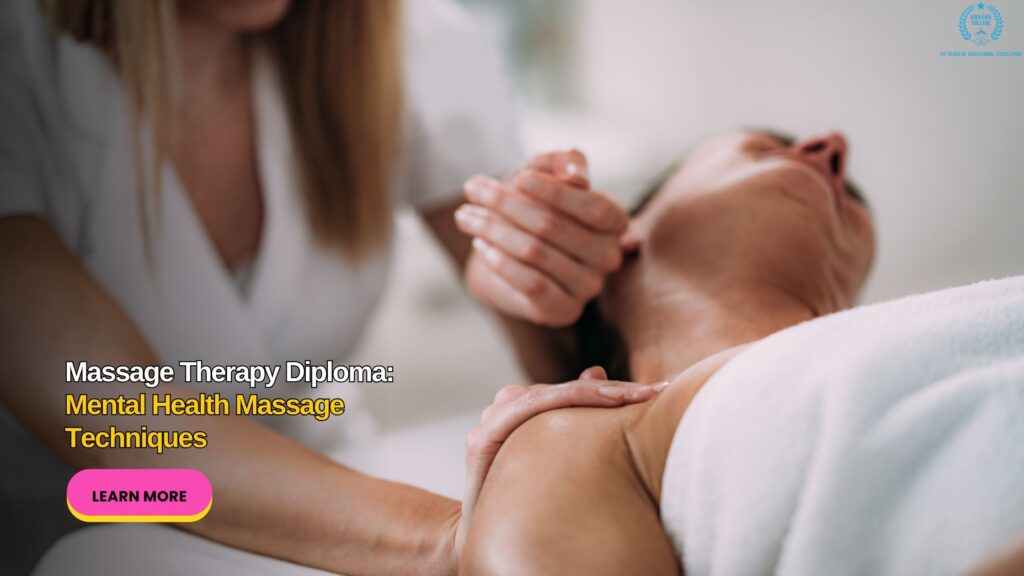Massage Therapy and Mental Health: The Science Behind the Connection
When most people think of massage therapy, they picture relief from physical pain or relaxation after a long week. However, massage is increasingly recognized as a powerful tool for supporting mental health. Specifically, for those struggling with anxiety, depression, and high stress, regular massage therapy can be a game-changer.
Understanding the Mind-Body Connection
The human body holds emotional stress in physical form—tight shoulders, clenched jaws, restless sleep. This is where massage steps in. Through techniques like Swedish massage, trigger point therapy, and myofascial release, massage helps to:
• Release endorphins and serotonin
• Lower cortisol (the stress hormone)
• Additionally, improve sleep quality
• Enhance body awareness and mindfulness
Notably, massage provides a calming, safe space that helps reset the nervous system—particularly the parasympathetic system, which manages relaxation and recovery.
Mental Health Conditions Supported by Massage
- Anxiety – Massage reduces muscle tension, lowers blood pressure, and helps regulate breathing—key for managing anxiety.
- Depression – Beyond physical benefits, the nurturing touch of massage can reduce feelings of isolation while stimulating dopamine production.
- PTSD – For example, massage offers trauma survivors a controlled way to reconnect with their bodies safely.
- Burnout – Whether for healthcare workers or busy professionals, massage provides a mental recharge.
Clinical Evidence Is Growing
Studies show that patients receiving regular massage therapy experience:
• Reduced symptoms of depression and anxiety
• Moreover, improved coping mechanisms
• Better concentration and consequently, reduced brain fog
As a result, massage has become a valuable adjunct to psychotherapy and medication.
Train to Make a Difference at ICT Schools
The Massage Therapy Diploma at ICT Schools teaches physical techniques while also fostering the compassion needed to support mental wellness. Through supervised clinical experience, students learn to create safe, inclusive environments. With growing demand for mental health services, massage therapists now play a pivotal role in whole-person care.






